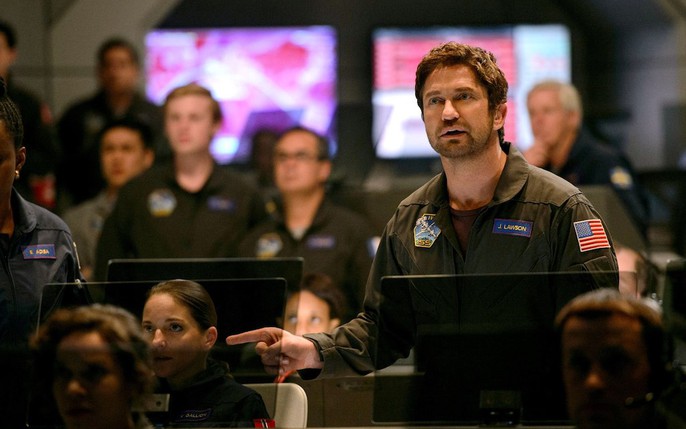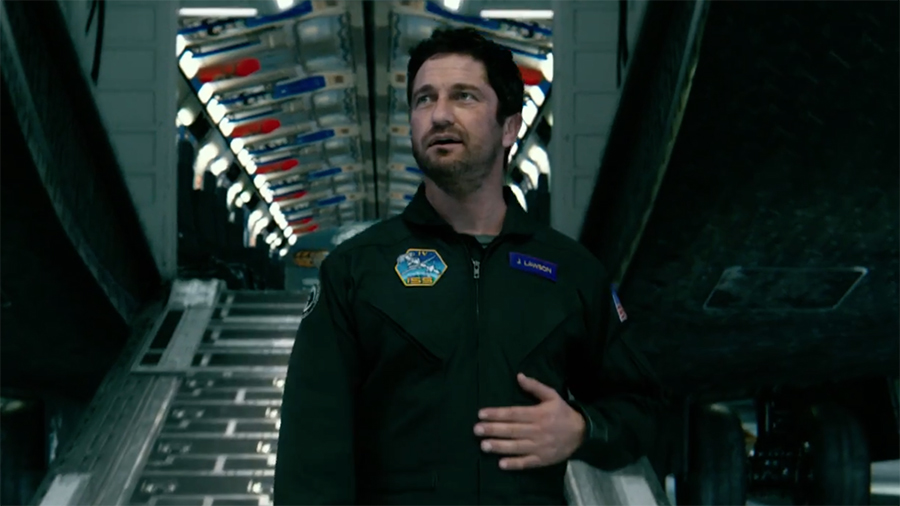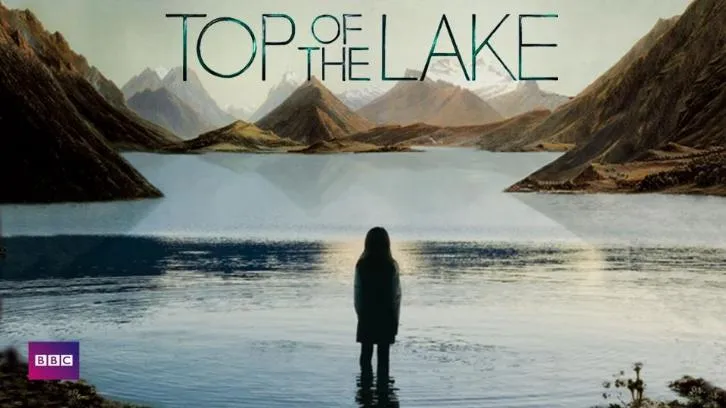Geostorm: A High-Stakes Disaster Film Fueled by Sci-Fi and Spectacle
Geostorm is a 2017 American science fiction disaster film directed by Dean Devlin in his feature directorial debut. Starring Gerard Butler, Jim Sturgess, Abbie Cornish, Ed Harris, and Andy García, the film attempts to blend thrilling disaster scenarios with political intrigue and futuristic technology. While it received mixed-to-negative reviews from critics, Geostorm delivers exactly what fans of the genre expect: large-scale destruction, fast-paced action, and an underlying message about the dangers of tampering with nature.
Set in the near future, Geostorm imagines a world where climate change has reached catastrophic levels, forcing global powers to unite and develop a system to control the weather. The result is “Dutch Boy,” a massive network of satellites capable of neutralizing extreme weather events. Created by a team of international scientists led by Jake Lawson (Gerard Butler), the system has kept Earth safe for several years. However, when the satellites begin to malfunction—causing deadly anomalies like frozen deserts, heatwaves in snowy cities, and massive storms—it becomes clear that someone is sabotaging the system.

Jake, who has been ousted from the project for insubordination, is called back into action by his brother Max (Jim Sturgess), a government official trying to stop the emerging global crisis. As Jake heads to the International Climate Space Station to investigate, Max remains on Earth, racing against time to uncover a political conspiracy tied to the sabotage. The tension builds as a massive "geostorm" threatens to engulf the planet—unless the brothers can expose the truth and restore Dutch Boy in time.
From its opening scenes, Geostorm embraces its identity as a big-budget, popcorn disaster movie. The visual effects are central to the experience, showcasing extreme weather phenomena across the globe: hail the size of cars crashing through Hong Kong, lightning storms destroying entire cities, and heatwaves melting buildings. The destruction is dramatic and visually arresting, with each sequence pushing the limits of digital spectacle.

Gerard Butler plays his familiar role as the gruff, reluctant hero who defies authority and ultimately saves the day. His performance is solid, though somewhat formulaic. The sibling dynamic between Butler and Sturgess provides the film’s emotional core, while Abbie Cornish and Ed Harris add intrigue as key players in the unfolding conspiracy. The political thriller angle offers some complexity, though it often takes a back seat to the action.
Critics noted that Geostorm suffers from a predictable plot, clichéd dialogue, and uneven pacing, which may detract from its narrative impact. The film also underwent significant reshoots and post-production changes after poor test screenings, contributing to its disjointed feel. However, for audiences seeking escapism and large-scale destruction, Geostorm provides exactly that.
At its core, Geostorm serves as a cautionary tale about humankind’s hubris in attempting to control nature. It raises questions—albeit in a broad way—about climate change, international cooperation, and the weaponization of technology. While it may not break new ground in storytelling, it succeeds in delivering the thrills and visual spectacle that define the disaster genre.

-1752632683-q80.webp)

-1751685706-q80.webp)